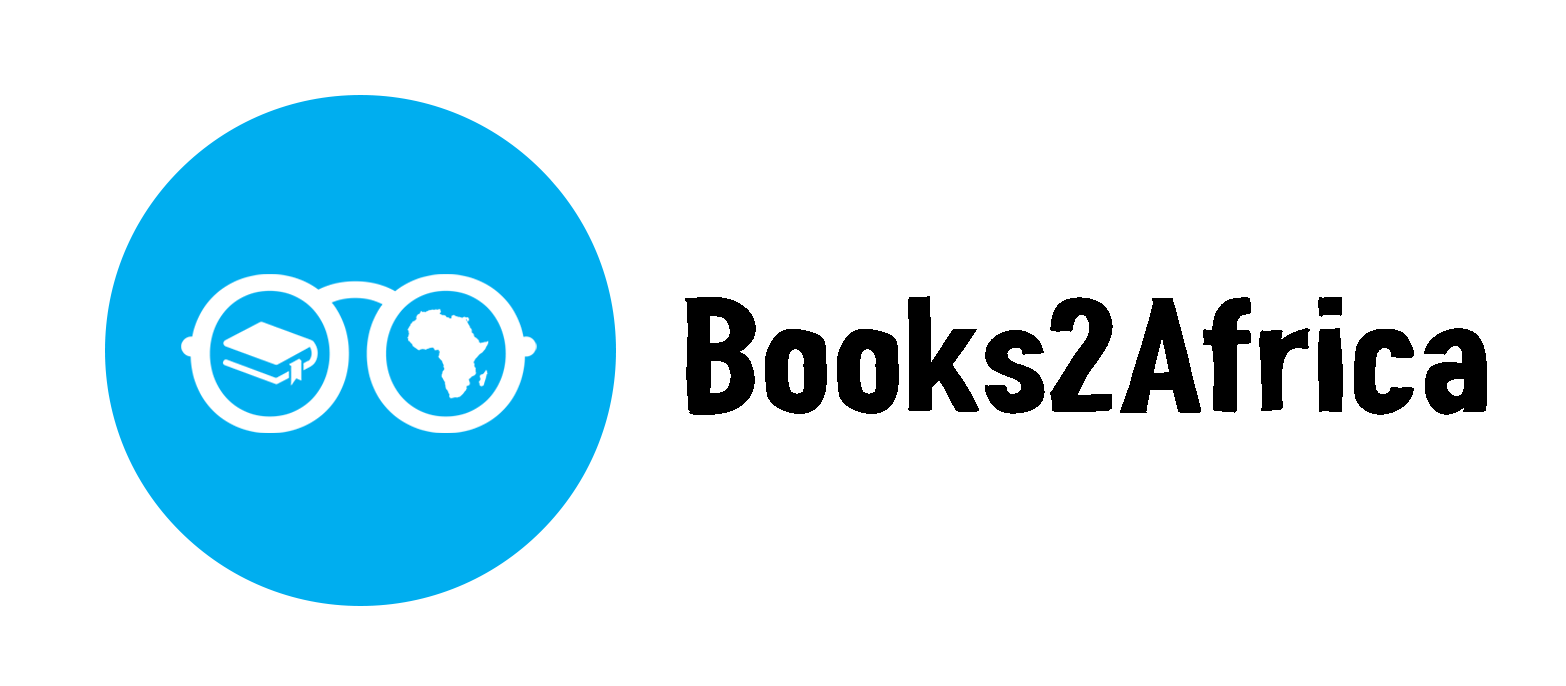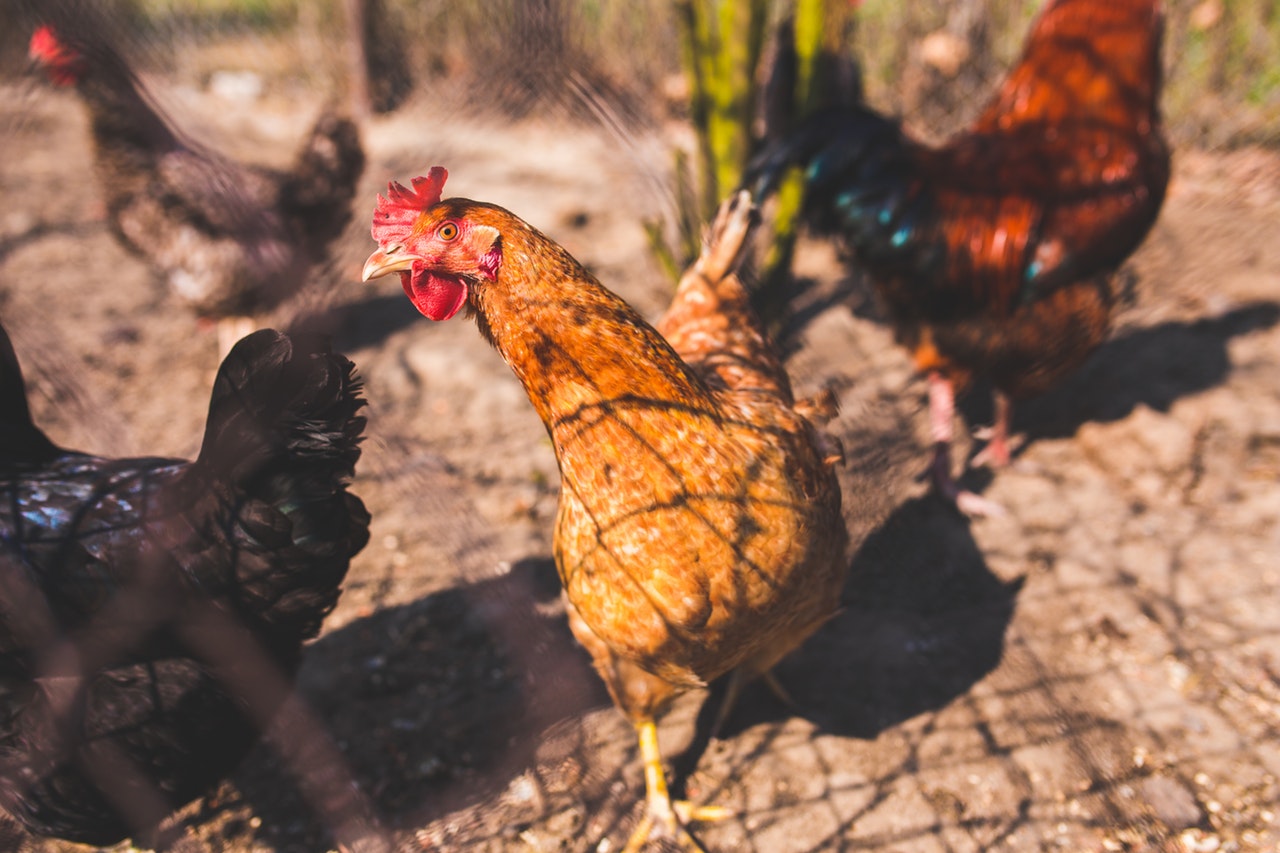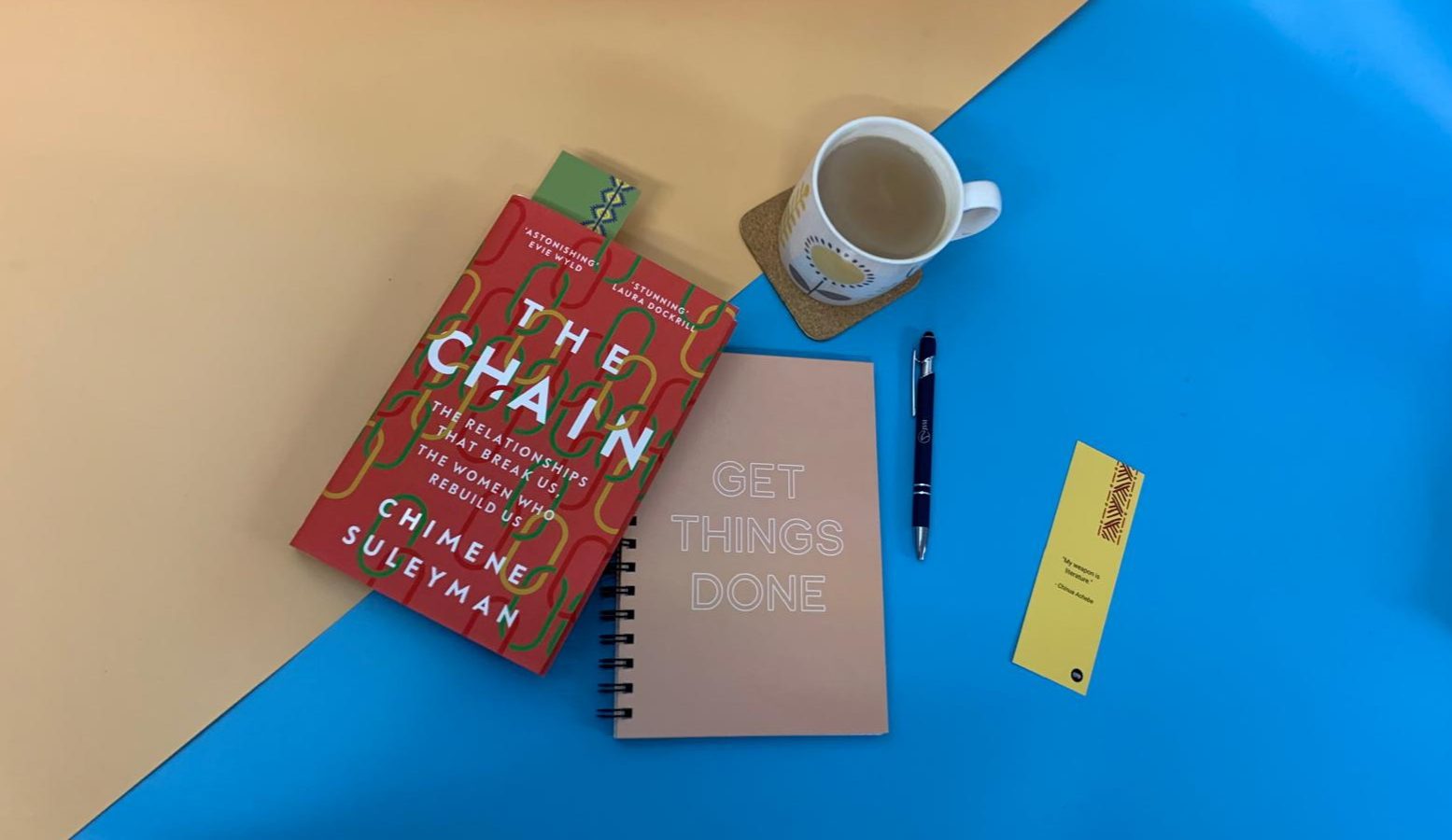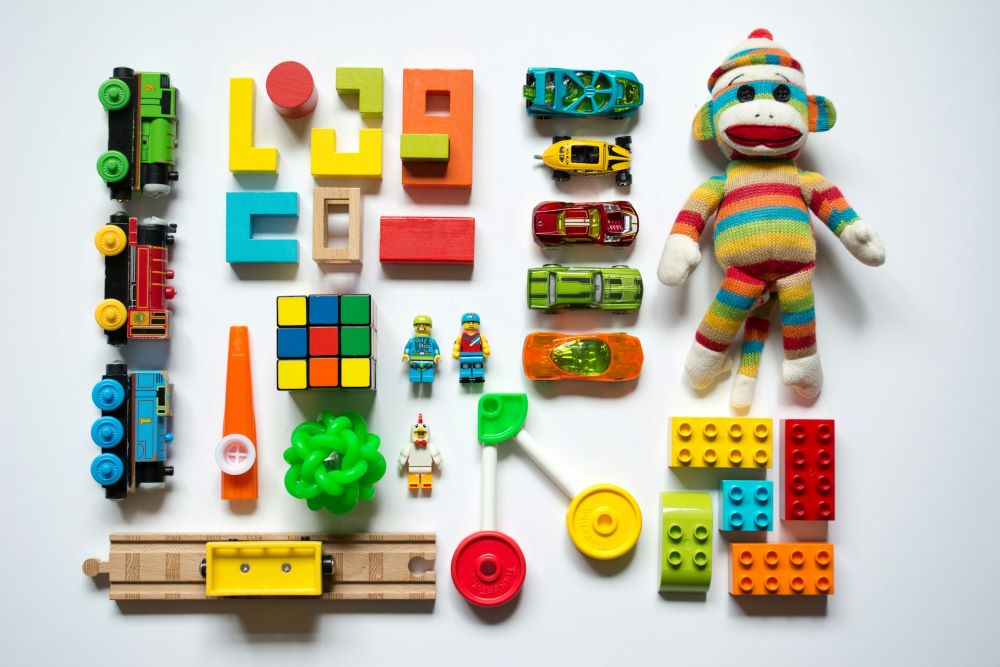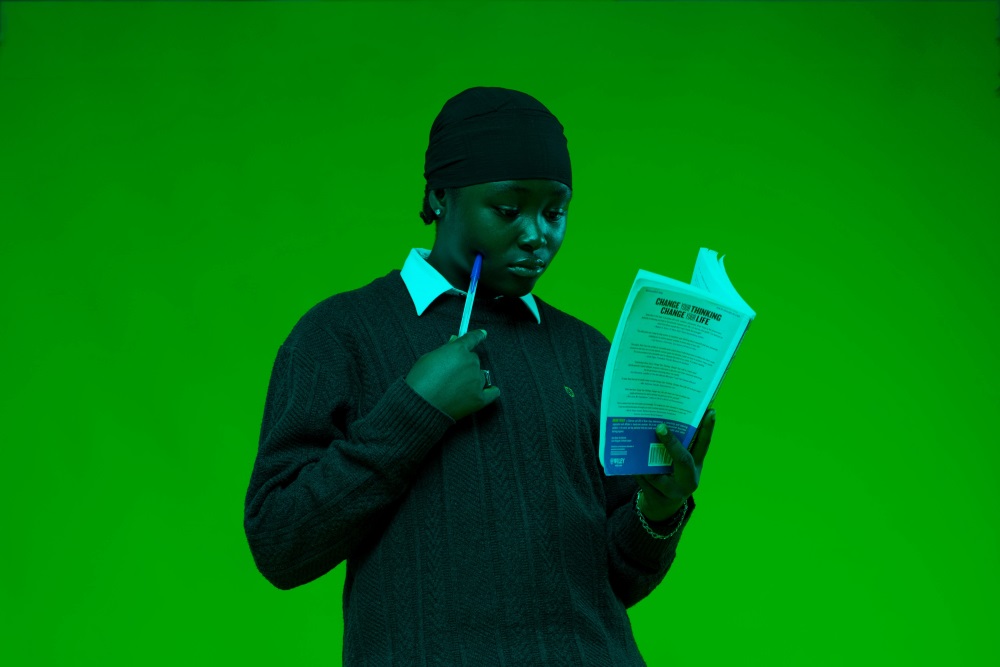In the dusty Nigerian village of Nwangele, a 13-year-old girl, Eziuche Chimdi, has escaped a life of oppression. She has only one tool – a chicken. Her life could easily have been very different. Poverty and traditional values dictate the lives of many young girls who will be forced to become child brides. 40 per cent of girls in Nigeria are married by the age of 15, and marriage puts an end to education. Once wedded, she will be subject to a life of servitude as the second or third wife to a man more than twice her age. Disobedience results in violence and young girls are sexually vulnerable and susceptible to HIV/AIDS – the biggest killer of women in Nigeria.
Eziuche was one of the lucky ones – she received an education. Nearly half of the women in rural villages like hers have no education, no prospects and no hope.
Eziuche borrowed money to buy her chicken, and now her family do not go hungry. She makes $30 a week selling eggs in her village, enough to feed a family of four. This modest income is enough to let her build a future.
Nigeria’s tragedy is wasted potential and poverty in the midst of plenty. The former British colony is Africa’s leading oil producer and one of the continent’s richest and most developed countries. In the main towns and cities, there are roads, electricity and running water. But wealth is unevenly distributed and life is hard for 70 per cent of the population that live in villages, like Eziuche’s, where water, electricity, roads and healthcare are scarce.
In Eziuche’s home state of Imo, 3 million people depend on farming for a living. Nnaemeka Ikegwuonu, director of the local Small Holders Foundation, says the education system fails because it does not teach life skills. The charity, which won the 2011 Educating Africa Award for Entrepreneurship in Education, strongly believes that a practical approach is the best way to lift young people out of poverty.
The Foundation came to Eziuche’s secondary school in June last year to teach the girls farming skills so that they could start their own businesses.
“Life in rural Nigeria is tough and good quality education coupled with real world experience will definitely go a long way to eradicate poverty,” says Nnaemeka.
Eziuche is lucky to have been given such a lifeline. Girls’ access to basic primary education is limited, particularly in the northern regions. The 2006 National School Census revealed that 5 million Nigerian children, almost a quarter of the child population, are not enrolled in primary school. The chance of a young girl in the Muslim north receiving an education is even lower; UNICEF figures show that just 20 per cent of women in the north of the country are literate.
Where children do attend school, the quality of education is poor and resources are lacking, which creates a poverty cycle that is hard to break. Children growing up in villages, especially in the north, are educated under the most deplorable conditions – classrooms without roofs, desks or chairs, no access to text books, computers or sports facilities.
“Life in rural Nigeria is tough and good quality education coupled with real world experience will definitely go a long way to eradicate poverty”
Tonson Sango is a Nigerian whose experiences at school motivated him to help the next generation. The 25-year-old assistant lecturer at the University of Kent’s School of Politics came to the UK six years ago to complete postgraduate study. Last year he set up Books to Africa, a student run charity group that aims to improve education and enhance female literacy in Africa by building libraries, donating books and running scholarship schemes for girls.
The United Nations Millennium Development Goals (MDGs) seek to address extreme poverty and the second MDG is that by 2015 all children, especially girls, should have access to free and compulsory education.
“These goals serve a good purpose of setting a development standard for African countries to aspire to,” says Tonson Sango. “However, there are too many obstacles in the way of achieving them by 2015.”
One of the biggest, says Sango, is the hostility of militant groups opposed to western education. In Nigeria, the failure of the government to deal with Boko Haram (an Islamic terrorist group whose name means Western Education is a Sin) has raised further questions about the commitment of African states to the MDGs, he explains.
The group admitted liability for bombing a Nigerian newspaper last week and is also believed to have carried out an attack on a university campus in the Northern city of Kano. It has killed over 450 people this year alone, according to Associated Press. Boko Haram opposes democracy and seeks to introduce Sharia law.
Despite the obstacles she faces, Eziuche has taken control of her own future. She has started saving her income and plans to use it to buy more chickens within the coming months. With the money in her pocket from selling eggs, she can better her own future and choose when to get married, which course to study at university and which career path to take.
For girls in Eziuche’s situation, freedom to architect their future is something that is not offered on a plate, it is fought for. It takes initiative and bravery. Eziuche has inspired other girls to take part in the Foundation’s young farmers club and to take action. Eziuche is just one teenage girl living in a small village, but receiving an education has enabled her to change her own life in a way that many Nigerian teenagers could not even dream of.
